Time capsule: The evolution of the BNMF
At the intersection of innovation and numerous social challenges in the WB region, BRAVE NEW MEDIA FORUM empowers young media makers to advocate for change in the societies. Gathering voices from 25+ countries, we explore pressing issues, celebrate diversity, and build bridges in the digital age, fostering a future where youth lead the media narrative.
Tracing back through time, the BNMF was evolving as a dynamic platform. Since its inception in 2017, it had been uniting young content creators, media professionals, and enthusiasts from all corners of the globe. Having its roots in Belgrade, Serbia, and later transitioning to the virtual space during the pandemic, BNMF had been consistently addressing pressing challenges and nurturing influential discussions in the media domain.
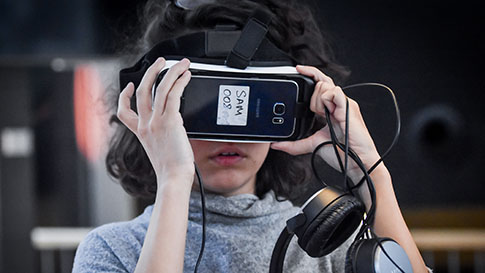
In its debut year, BNMF opened its doors at the Duško Radović Children’s Theater in Belgrade, welcoming young creators from the Western Balkans and media professionals from Germany. The forum explored the creation of successful formats for young audiences, the role of social media, and the integration of traditional media.
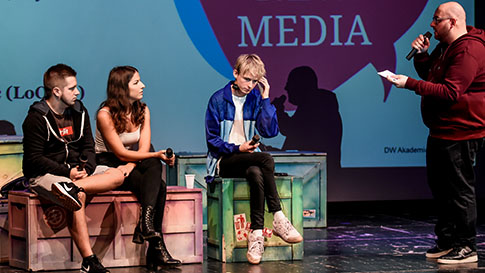
The second edition saw an expansion of topics and participants, addressing media ethics, the responsibilities of digital content creators, and the representation of youth in the media. Once again held at the Duško Radović Children’s Theatre, the event welcomed representatives from the Western Balkans, Germany, the Netherlands, and Moldova, fostering a diverse and inclusive dialogue.
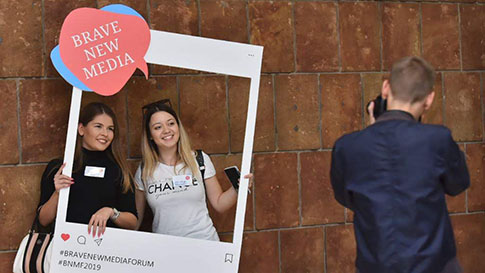
BNMF 2019 shifted its focus to global challenges facing young people, discussing serious issues in children’s programming and exploring solutions to brain drain. The Forum continued to introduce new platforms and best practices, fostering a rich exchange of ideas at the Children’s Cultural Center (DKC) in Belgrade.
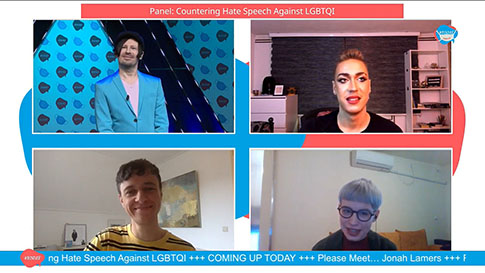
In response to the global pandemic, BNMF 2020 introduced a virtual format, broadcasting live from a studio in Novi Sad, Serbia. The “Viral Edition” welcomed a greater number of international participants and addressed freedom of expression during the pandemic, countering fake news and hate speech, and exploring diverse media landscapes.
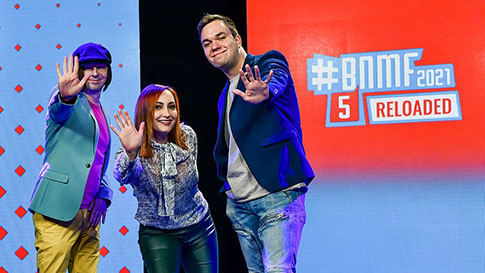
Continuing in the virtual realm, the 2021 “Reloaded” edition introduced closed “Deep Dive” sessions for registered guests, discussing topics such as countering hate speech and trends for young audiences. The Forum maintained its commitment to promoting young media and addressing pressing issues such as vaccination and influencer sponsorship.
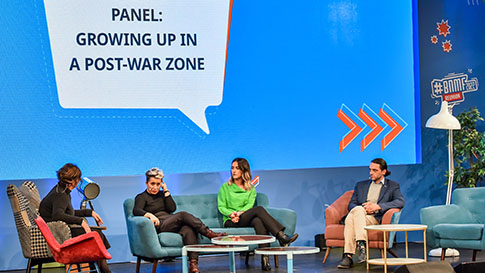
Marking a return to a “new normal,” the 2022 “Reunion” edition featured a hybrid format at the Children’s Cultural Center in Belgrade. The forum spotlighted innovative projects and platforms, addressed global issues such as the war in Ukraine and women’s rights in Iran, and introduced deep-dive zones focused on media viability and native advertising.
The Organizers

DW Akademie, Deutsche Welle’s Center for International Media Development, is a beacon of journalism training and knowledge transfer. Committed to strengthening the human right to freedom of expression and ensuring unfettered access to information, DW Akademie empowers people around the world to make independent decisions based on reliable facts and constructive dialogue. As a strategic partner of the German Federal Ministry for Economic Cooperation and Development, and with support from the German Foreign Office and the European Union, DW Academy actively contributes to media development in some 60 developing and emerging countries.
The Organization for Security and Co-operation in Europe (OSCE) takes a comprehensive approach to security, encompassing politico-military, economic, environmental, and human aspects. Addressing a wide range of security-related concerns, the OSCE works towards arms control, confidence- and security-building measures, the protection of human rights, democratization, and the promotion of economic and environmental activities. In Serbia, the OSCE Mission works with government institutions, civil society, and the media to build, independent, accountable and effective democratic institutions.
